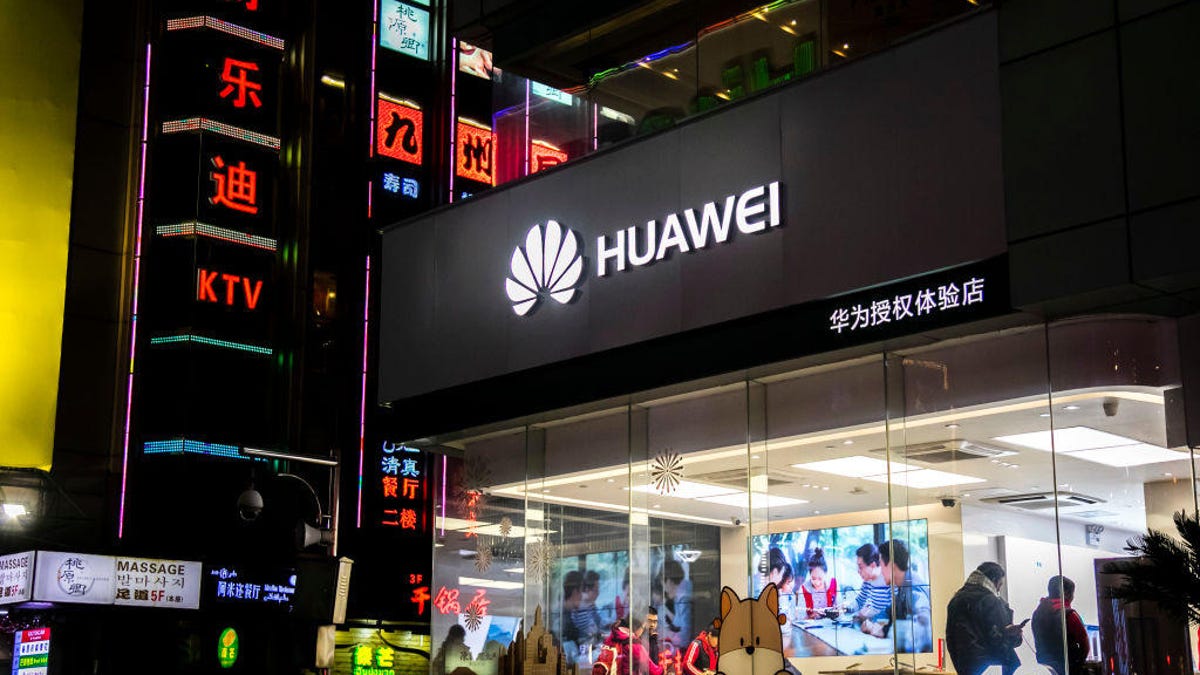Huawei forecasts 200 million shipments, hopes to take No. 1 spot
The Chinese phone maker isn't satisfied with beating Apple.

Huawei says its global market share is now 15.8 percent.
Huawei raised its shipment forecast to more than 200 million for the year and is aiming to become the world's largest phone vendor by the end of 2019.
The Chinese phone company projects that its shipments for 2018 will surpass its 180 million target after shipping over 95 million phones in the first half of the year, according to Reuters.
Huawei notes that its global market share is now 15.8 percent, and research on Tuesday said it overtook Apple to become the world's second largest phone vendor (behind Samsung).
"I think it's no problem that we become the global No. 2 next year; in quarter four next year, it's possible we become No. 1," Richard Yu, Huawei's consumer business group CEO, said on Friday.
Yu previously expressed hopes for the company to ship 200 million phones by end of 2018.
The company highlighted the performance of its P20 series, which had worldwide shipments of more than 9 million.
It's been focusing on the Chinese and European markets due to challenging relationships with the US and Australian governments.
US intelligence officials in February advised Americans not to purchase Huawei products, for fear that they're being used to spy for the Chinese government. Carriers have heeded the government's direction -- AT&T pulled the plug on a plan to sell Huawei's Mate 10 Pro, and Verizon reportedly did the same.
In June, Huawei was revealed as the biggest corporate sponsor of overseas travel for Australia's politicians, an analysis said, after the company tried to assure the country's government that it wasn't a security threat.

